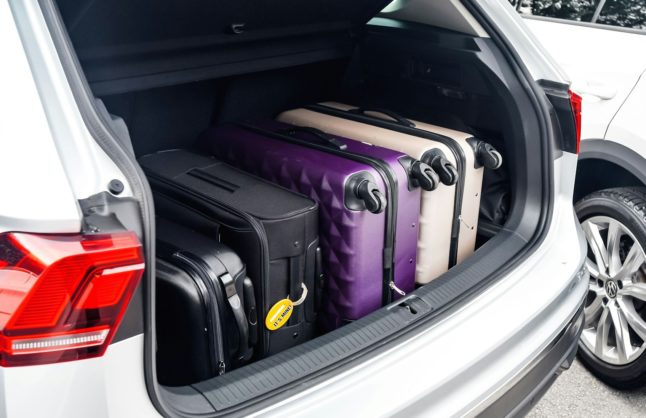For many foreign workers, relocating to Switzerland is often a ‘package deal’ — that is, they bring their families along.
But depending on where they come from, the administrative process involved in bringing spouses and children to Switzerland can either be relatively easy or quite complex.
This is how it works.
Relocating from the EU/EFTA
As is the case with everything that concerns citizens of the European Union, as well as Norway, Iceland, and Liechtenstein (EFTA), they can move to Switzerland pretty much hassle-free.
This right extends to breadwinners as their spouses/children.
In fact, they don’t need a permit at all if they work in Switzerland for up to three months.
After this period, they must apply for a residence permit B for themselves, their spouses, and children over the age of 18 (minors don’t need their own permits).
To do so, you must submit to your cantonal authorities a valid identity card or passport, as well as official confirmation of employment or an employment contract.
Your family can remain in Switzerland for the duration of validity of your permit, which is generally five years for permits B, and can then be extended.
READ ALSO: Just how freely can EU citizens move to (and within) Switzerland?
Your spouse can work in Switzerland as well, under the same rights granted to EU/EFTA nationalities.
If he or she is not employed, however, they can remain in the country as long as you are working in Switzerland.
Things get more complicated for people (and spouses) who come from outside the EU/EFTA.
How so?
Generally speaking, access to Switzerland and its labour market is more restricted for people from third countries.
Unlike those from the EU / EFTA states, who have a nearly limitless access to Switzerland’s labour market, those from outside Europe have more hurdles to overcome in terms of work permits.
The reason is that permits for this group of foreigners are subject to quotas and strict rules.
According to the State Secretariat for Migration (SEM), “admission of third-state nationals to the Swiss labour market is only granted if it is in the interests of Switzerland and the Swiss economy as a whole.”
READ ALSO: Can a third-country national resident in the EU work in Switzerland?
The rules regarding spouses are similarly strict.
As is the case for the breadwinner — that is, the person who is coming to Switzerland to work — their spouses too must have a visa to enter the country.
The only exemption from the visa requirement, according to SEM, “are non-EU/EFTA family members who hold a valid residence permit issued by a Schengen member state.”
Do you have to be legally married to bring your spouse to Switzerland?
Registered partnerships, as long as they are recognised in Switzerland, are also valid for the purpose of relocation.
A ‘registered partnership’ includes same-sex couples who are not married or people of opposite sex living together as common-law spouses — as long as these partnerships are validly registered abroad and have the same legal standing as partnerships registered in Switzerland.
The fact of merely living together under one roof will not entitle the partner to follow you to Switzerland.
There are two other conditions you need to fulfil as well.
One is that the breadwinner’s income is sufficient to provide for the whole family without relying on social aid.
The second condition is that your house or apartment is big enough to accommodate your family comfortably “by Swiss standards” — officially defined as one room person minus one.
This means that if you are family of four, your dwellings should be no smaller than three rooms.



 Please whitelist us to continue reading.
Please whitelist us to continue reading.
Member comments